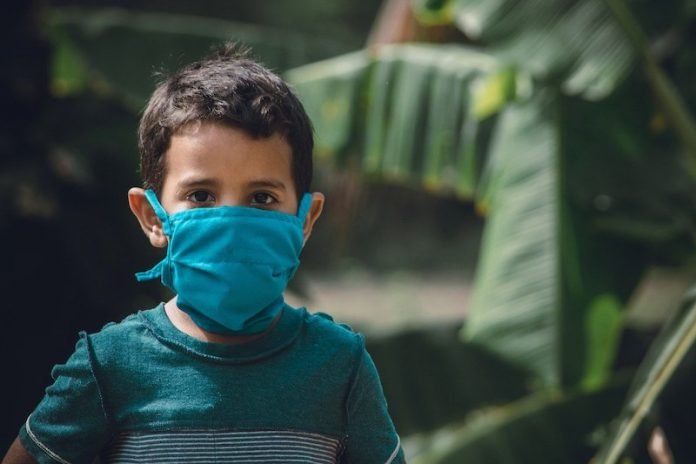
In a new study, researchers found children and teenagers are less likely than adults to develop severe COVID-19 or die from the disease.
They also found obesity, Black ethnicity, and being under one month old are factors that increased the risk of a child being admitted into intensive care with the condition.
They also found new symptoms of severe inflammation syndrome that significantly increases the risk of children with COVID-19 needing intensive care.
Researchers are calling for the WHO’s definition of Multisystem Inflammatory Syndrome in Children (MIS-C) to be updated to help doctors identify more children with the condition and improve their treatment.
This is the world’s largest study of hospital patients with COVID-19.
The research was conducted by a team from the Universities of Edinburgh and Liverpool, Imperial College London, and elsewhere.
The team recruited 651 children and young people aged 19 years or less who had been admitted to the hospital with COVID-19.
The findings suggest that it is rare for young people to end up in the hospital with COVID-19.
The typical age of children hospitalized was five-years-old. Some 42% of patients had at least one other condition, the most common included neurological conditions and asthma.
The number of children and young people who died from COVID-19 was relatively low—six in total—when compared with adult deaths.
Three children who died were newborn babies born with other severe health problems. The other three children were aged 15 to 18 years old and also had profound health issues.
Some 18% of hospitalized children and young people were admitted to intensive care.
Experts say children most at risk of needing intensive care were those under one month old and those aged 10 to 14 years old. Similar to adults, obesity and Black ethnicity were also found to be risk factors.
The study also identified 52 patients who had MIS-C an inflammatory syndrome. The researchers found that these children were five times more likely to be admitted to intensive care.
The symptoms usually seen in those with MIS-C include conjunctivitis, a rash, or gastrointestinal problems such as abdominal pain, vomiting, and diarrhea.
The team found new COVID-19 symptoms in children with MIS-C. These include headaches, tiredness, muscle aches, and a sore throat.
They also found that the number of platelets—a component of the blood involved in clotting—was much lower in the blood of children with MIS-C than in those without the condition.
The combination of symptoms and low platelets may be important in identifying children with MIS-C who may become more unwell.
One author of the study is Dr. Olivia Swann.
The research findings are published in the BMJ.
Copyright © 2020 Knowridge Science Report. All rights reserved.



